Our blind-spots
Sometimes, when we want to change our personal life, culture at workplace, a service or organisation, our decisions and plans seem not sustainable. We have the best intensions, but constantly we fall back into the old habits of how we act and think.
For the workplace we might have forgotten to look into the blind-spots, because we got so captured by beautiful words in a vision born from thoughts and words, but which have not been developed and lived from feelings and basic inner needs. If a vision or dream comes from “thinking”, it will not last.
It can also be a not durable vision for instance political decided about a new law, it can be a top-down-decision from a business-board that did not involve those on the floor who has to manifest the vision – and who might not understand the purpose or meaning behind.
There can be practical obstructions that makes it impossible to fulfil the vision, or it can simply be not sustainable because of laziness: we just continue doing what we always did and don’t give a damn.
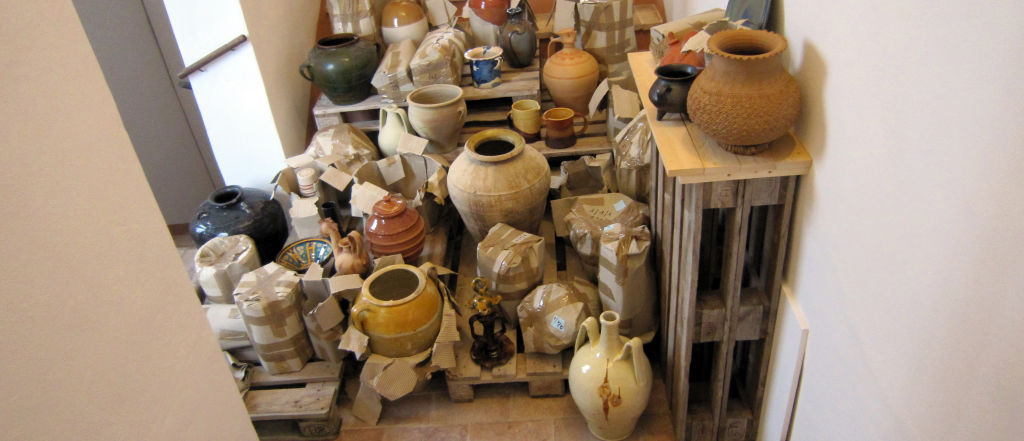
When it comes to our personal life we can for instance have an inner dream of a life in freedom, driving around in a van to see the world, wake up new places in morning’s, meet new people and see new beauty of life everywhere; But we repress the dream and instead we continue to live a monotonously life with no freedom.
We might even string ourselves into less freedom day by day drowning in too much work, take responsibility for other peoples needs, claim that ridiculous things are important – not responsibility for the dream screaming for care in our heart. Repressing the dream demands emotional and physical force, energy that could have been used better.
Why?
Why do the visionary intensions not work and last? Why don’t we follow the dream in heart? What is it that we don’t see?
We don’t see the blind-spots.
It is necessary to consciously look deeper into and face what prevents us.
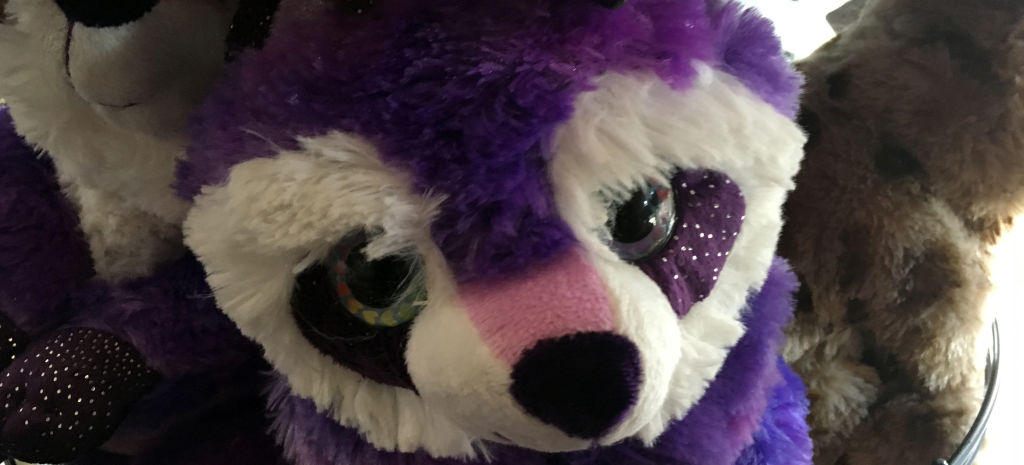
Basically we don’t want to change. We might want changes of something to something better, as long as “we” remain the same.
Basically we don’t like to let go (even of something bad for us) and basically we don’t like to face something that hurts, or something we know nothing about or cannot control.
But we have to look into what hurts, for instance facing a fear of having to stand-alone, fear of failure, fear of the unknown, fear of rejections or it can be fear of facing former experiences that were hurtful and therefore we don’t want to feel such pain again.
For the personal part it can be fear of letting go of outer pressure into mediocrity from surroundings. Fulfilling our dream might be a threat for the surroundings and others would automatically try to push us “back to order” of an adopted culture.
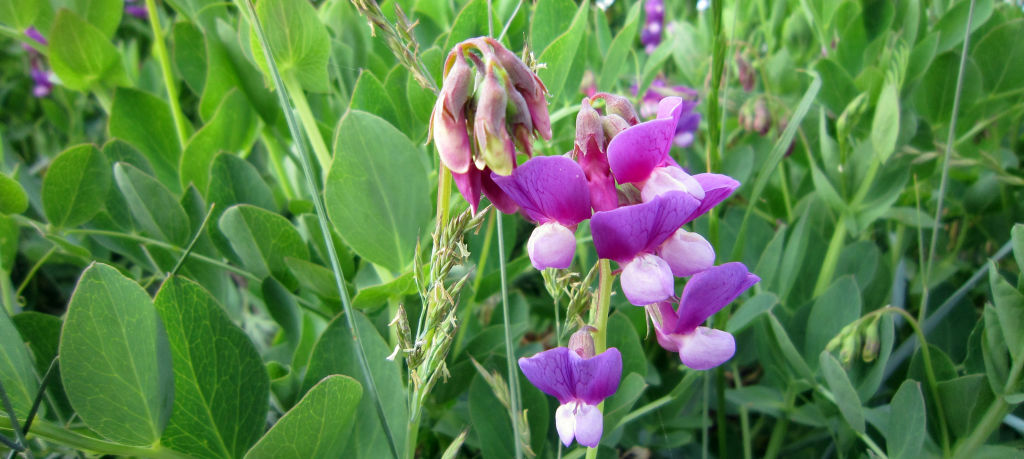
Or it can be inner fear: “What if I end up alone or cannot make it after all – or the dream turns out to be a disappointment”?
Since we cannot know, we often choose to stay in the well known, even the doubt continues make us be afraid also to miss something, that could have turned out to be very beautiful.
To change both a workplace or a personal life it is necessary to “live through” a process of the change that brings the blind-spot to be visible. Most blind-spots are about fear. Fear of a future that does not exists (yet) – or fear of facing something from our past.
We can have former situations where we got stuck in repressed anger, grief, loneliness, rejection, abuse or something similar that made us invent habits and control in the purpose not to confront this.
Or we can fear and worry about something that would never happen.
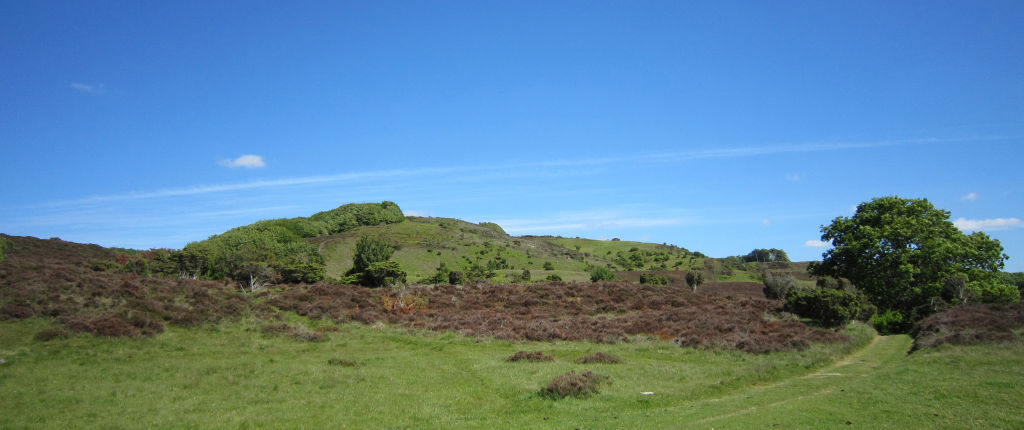
It is often necessary to walk step by step into new habits.
Practice.
If we fear rejections from surroundings, it could be an idea to let them get used to our new habits little by little.
If we fear what could happen on the free travel, we could start with shorter travels alone for instance a weekend to see what happens. Then go to another country for few days to maybe discover which kind of practical things could make us feel safe. Maybe have an appointment to know that we would at least meet somebody known during the trip.
Change of habits has to come from motivation. Are the employees at a workplace not motivated, they would likely resist any suggestions of change.
Motivation can come from a “must change”, for instance if a workplace is economically under pressure.
Or the motivation can come from a common vision – something we all long for and wish to manifest – together.
A personal motivation could be to fly free from outer and inner control, feel more present alive or live life more easy and joyful.

We cannot just decide from thinking: “Now I want to be joyful, now we want to communicate more authentic in our organization”, if the blind-spots are still blind, controlling us from a hidden place.
Blind-spots can stay blind to us, because we are busy with blame and guilt. Either we (individual or an organization) blame everything and everybody outside our selves: the state, culture, local area, family, leaders, politicians, girlfriend or others, who is “guilty” in preventing us from acting new lovable ways.
Or we might blame our own self, feed self-esteem to be lower: “I am not able. I don’t have the courage or strength. I am no good, I am not allowed to follow dreams, I am not worthy”. Then the blind-spots could be our inner power, our lovability, our dignity, playfulness or other positive qualities that we don’t face.
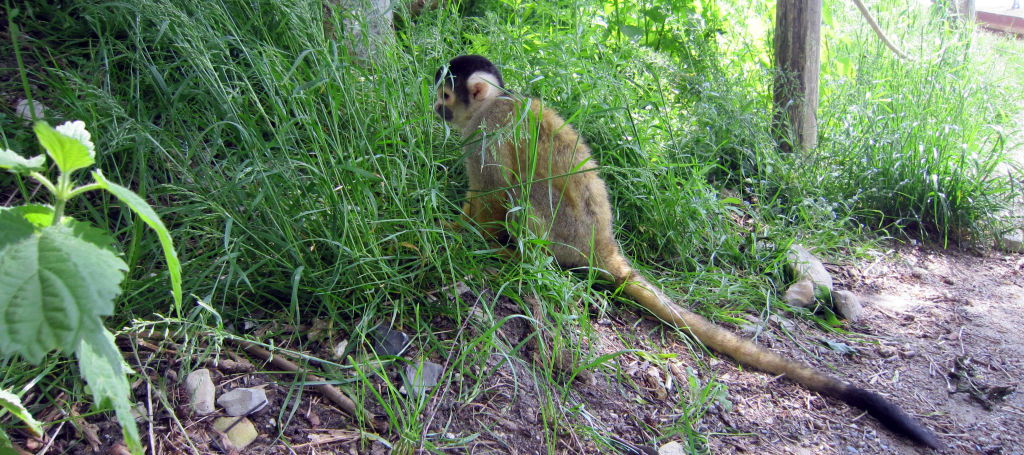
Sometimes step-by-step-acts do not work. Because the blind is by itself crawling from inside out into the light, making us face how it destroys our ability to reach what we long for and need; Or because we are standing at a burning platform (like in front of a possible closing the workplace).
Then a jump is necessary.
Just do it.
Take a chance/risk.
Do it in trust that it will all work out just fine – and many times it does.
Walking into living a new way we can do with wonder instead of fear. Be open and conscious aware in discovering “I wonder what will happen around next corner”. We can call this to be trustful awake.
We might even discover that we are actually able to act convenient, loving and strong moment by moment without controlling anything. With this “living the experience” a conscious empiric way, we can come to feel peace living in the middle of a floating, seemingly chaotic life.
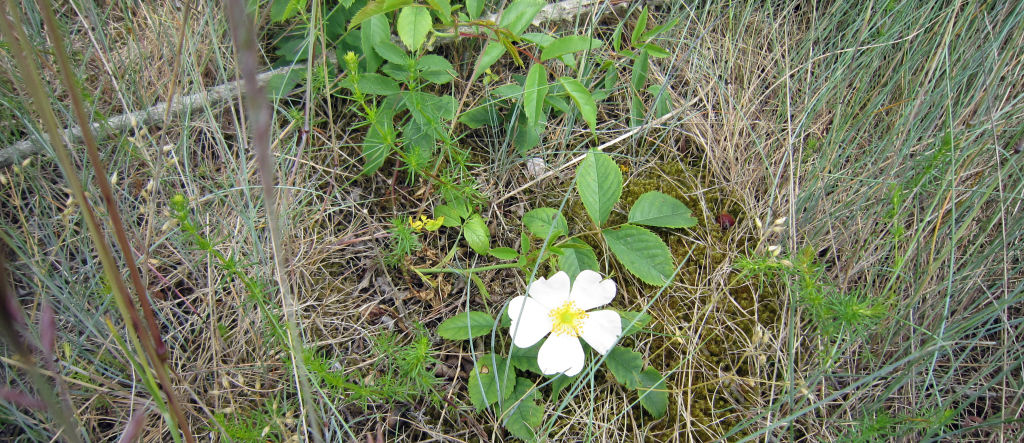
Following what we sense to be the right way to go, even we could not be sure, can give us strength to go through the fear to another state.
Our senses and intuition is mostly right, not our thoughts.
A blind-spot can be a habit of acting that we don’t see. We just do what we have always done and are not conscious about that also change of little everyday acts might change life or business as a whole.
Mostly we are not able to see our own culture or our own self from the outside. To change habits that neither makes an organization, a culture nor individuals thrive we must both look inside and from the outside at the same time.
Sometimes we just have to give something a try. We can be in doubt: Is this a deep wish from my intuition, or is this just a fixed idea from constant spinning thoughts disturbing me? If we do not try it out, we would never know.
Facing that we might live a whole life with a dream, that we would never know might have lead us to ease, enrichment, felicity, magic, love, unity or freedom, can make us bitter humans.
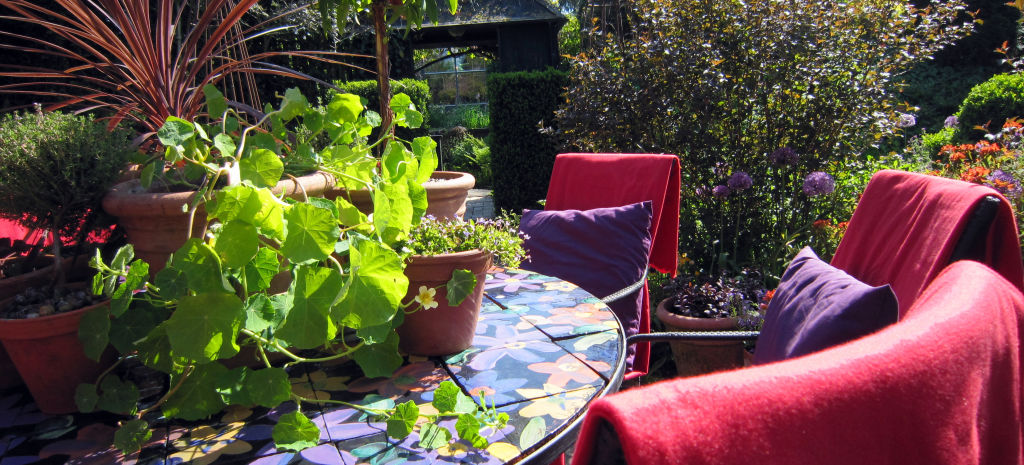
Facing the blind-spots in our own self and in organizations leads to sustainable healthy lives for humans. It can lead us to loving and enjoying life, privately and at work.
Sometimes light on blind-spots can make us realize, that a dream was just a dream we used as a fantasy-excuse for not enjoying life right where we are.
We might discover that we don’t wish to go anywhere after all, that we have everything already and can live as free as we wish.
Now.
Here.
There.
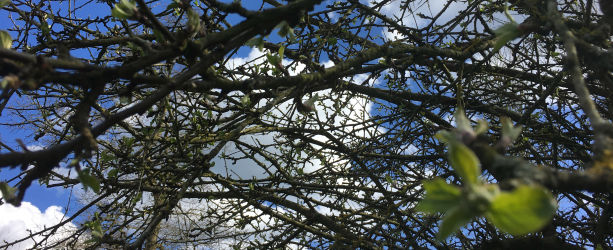
 Read more...
Read more...